Having and Being Had by Eula Biss (Riverhead; out now)

Biss has got to be one of the most varied essayists working in the form today; from 2009’s Notes From No Man’s Land to her breakout On Immunity, each book is a thoughtful and researched meditation on subjects as disparate as lynching to herd immunity. Her latest book is about class. Biss has more money now; she and her husband have bought a house in a gentrifying Chicago neighborhood. But what does it mean to actually acquire a room of one’s own? And at whose expense? Biss explores the way race and class affected writers like Virginia Woolf and Gertrude Stein and — herself. —Tomi Obaro (From "21 New Fall Books You Won't Want To Put Down")
Master of Poisons by Andrea Hairston (Tor.com; out now)
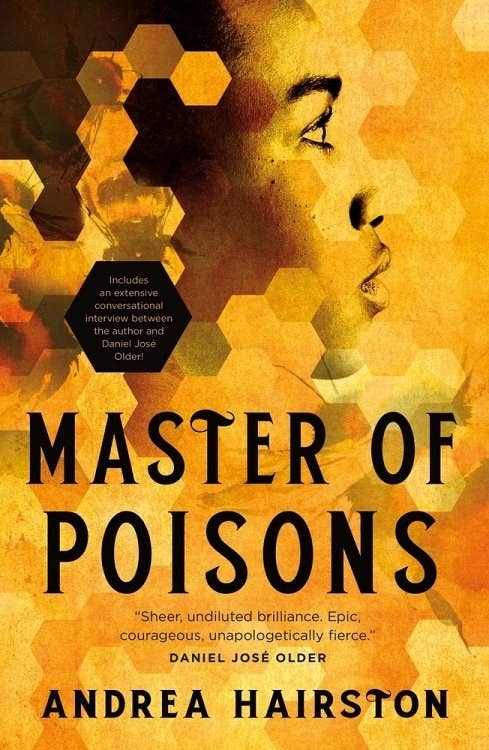
This slow-burn eco fantasy novel takes place in the African-inspired Arkhysian Empire. The Arkhysian Empire’s land is dying. The poison desert is spreading, killing farmland and animals. Djola, a spymaster in the lord’s council, is called the Master of Poisons because he can always find an antidote to the kingdom’s worst problems. But no easy solution exists to the environmental devastation the poison desert is causing, and in disgust, the council exiles him. Meanwhile, young Awa, who was sold as a child, is training to become a griot — people who can enter the spirit world and visit the kingdoms, animals, and people who live there. Master of Poisons is a lush, literary fantasy novel full of folklore and magic. —Margaret Kingsbury (From "18 Excellent Fantasy Books Coming Out This Fall")
What Are You Going Through by Sigrid Nunez (Riverhead; Sept. 7)
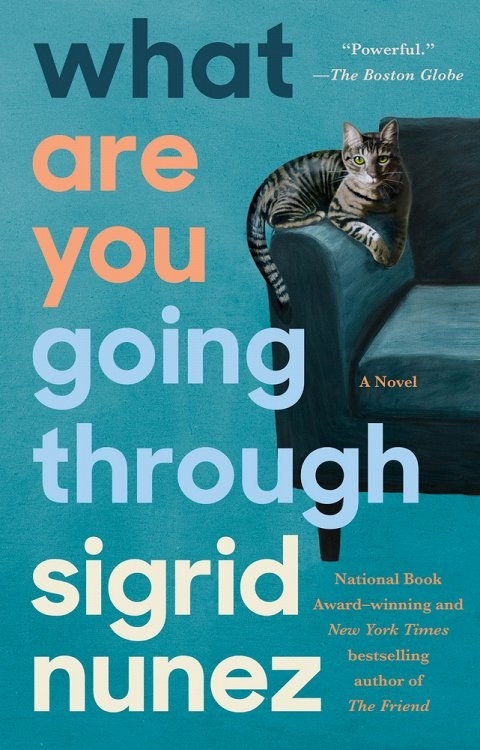
Nunez is unparalleled when it comes to emotional fluency, tapping into the immediacy of grief, love, and exhaustion, and translating it — sparely, powerfully — on the page. This won her the 2018 National Book Award in fiction for The Friend, her poignant story about loss, recovery, and dogs. In What Are You Going Through, plot is secondary to, and at the service of, her profound exploration of empathy. We travel with the narrator through the daily mundanities and human interactions of her life — with the friend going through an experimental cancer treatment, the ex who’s made a career out of global pessimism, the rescue cat who survived a house fire. These conversations are made remarkable only by the pattern they reveal: that everyone is going through something, and often it’s something painful. Rather than dull these individual tragedies, though, their universality forces the reader to feel and exercise her own empathy, to really consider the humanity of people too easily categorized as supporting characters. It’s painful but beautiful, too, and it will stick with you for a long time. —Arianna Rebolini (From "21 New Fall Books You Won't Want To Put Down")
Piranesi by Susanna Clarke (Bloomsbury; Sept. 7)
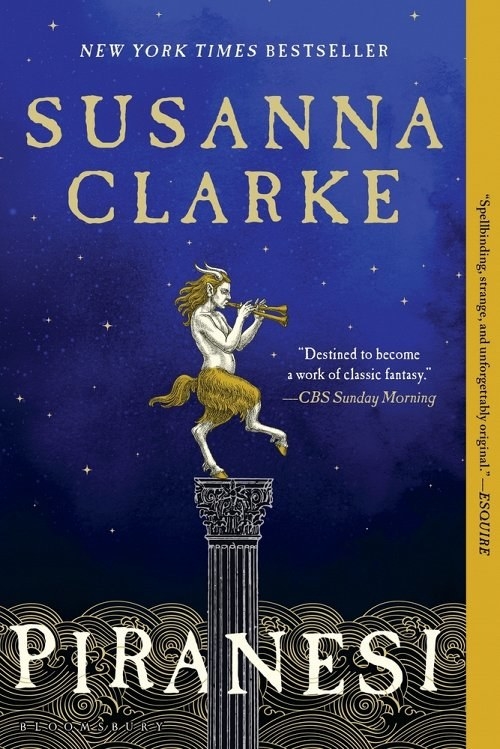
Piranesi’s world is a labyrinthine house filled with statues, where the sea rises and falls within its walls. He keeps a journal chronicling his adventures exploring his world and all the wonders he finds within it, as well as his meetings with the one other living person that inhabits the labyrinth, whom he calls The Other. Readers should note this novel is quite different from Susanna Clarke’s popular first novel, Jonathan Strange & Mr Norrel. Written in journal entries, Piranesi is a short and beautiful novel that reads like a poem, not in its use of language (which is very accessible) but rather in its cumulative effect of expressing an emotion and state of being that is inexpressible. It’s a strange and lovely read. —M.K. (From "18 Excellent Fantasy Books Coming Out This Fall")
Cuyahoga by Pete Beatty (Scribner; Sept. 7)

Beatty's Cuyahoga feels of a different time, a larger-than-life creation myth about Ohio City. At the center is Big Son, a folk hero of biblical proportions (his shoulders are "wide as ox yokes"; his laugh "a church organ full of the sacrament wine") who we meet in 1837, as he's carrying a widow, her baby, and her cat from a burning house. The man recounting Big Son's life — replete with magical, sometimes tragic, feats — is his brother Medium Son, aka Meed. Beatty has invented a new vernacular with an almost musical cadence (he names Johnny Cash’s reading of the New Testament as a source of inspiration) that is fitting; the book requires language that can match its strangeness and originality. It's a hilarious and moving exploration of family, home, and fate, and you won't read anything else like it this year. —A.R. (From "21 New Fall Books You Won't Want To Put Down")
Phoenix Extravagant by Yoon Ha Lee (Solaris; Sept. 14)
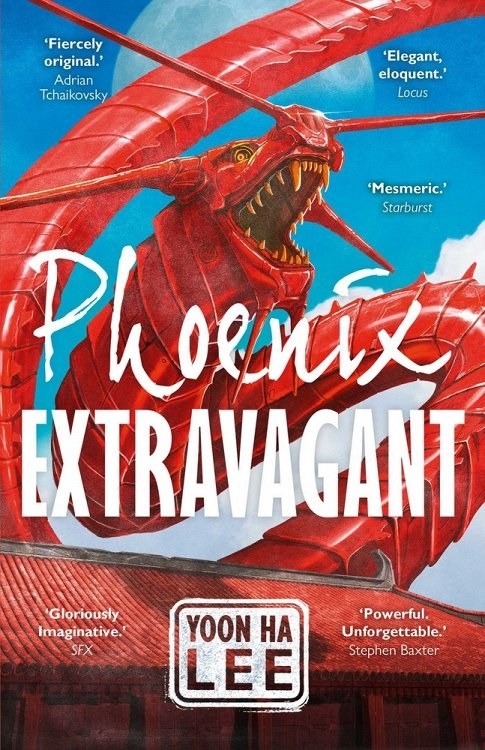
Phoenix Extravagant is a stand-alone fantasy set in a world reminiscent of Korea during the Japanese occupation of the early 1900s. Jebi is a nonbinary artist hired by the Ministry of Armour to paint magical sigils onto masks for the conquering government's automata. Jebi doesn’t consider themselves political, but after befriending a pacifist dragon automata, Jebi decides they’ll do whatever it takes to keep the dragon from becoming a weapon of war used to kill and subdue their people. Unfortunately, Jebi discovers that sometimes you have to choose a side. Rich in character development, this inventive fantasy novel is a beautiful look at art and pacifism in a time of war. —M.K. (From "18 Excellent Fantasy Books Coming Out This Fall")
The Lying Life of Adults by Elena Ferrante, translated by Ann Goldstein (Europa Editions; Sept. 21)
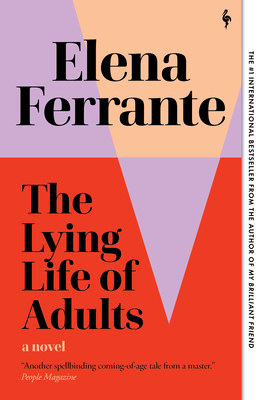
If you’re a Ferrante superfan, you’ll likely be delighted by the Italian author’s latest novel, which, like the My Brilliant Friend series, is set in Naples and is narrated by an older woman reminiscing about her adolescence. Giovanna is the beloved only child of two intellectuals. When she overhears her father likening Giovanna to his detested younger sister Vittoria, she becomes obsessed with getting to know this larger-than-life aunt. Once Giovanna meets her, her world rapidly expands and the early total devotion she has for her parents unravels. Ferrante’s signature frankness about sex and the unruly female body exist alongside reflections on the unreliable stories we share about ourselves. —Tomi Obaro (From "21 New Fall Books You Won't Want To Put Down")
The Left-Handed Booksellers of London by Garth Nix (Katherine Tegen Books; Sept. 21)

Before starting art school in an alternate version of 1983, 18-year-old Susan Arkshaw decides to find her father, a man she’s never met. She starts at her uncle Frank’s house, but that quickly turns dangerous when Merlin appears and dissolves her admittedly creepy uncle — and then a murderous fog chases them both outside. The two escape the fog, and Susan learns Merlin is a member of a family of booksellers who police the mythic Old World when it creeps into the modern one. In the meantime, to make a living, they sell books. Attracted by the gender-fluid Merlin and curious about the possible connections between the mythic and her father, Susan inadvertently becomes entwined in the dangerous work of the left-handed booksellers of London. While Garth Nix is famous for his young adult fantasy, this book straddles the line between adult and YA and will be equally enjoyable for readers of both. It’s a thrilling, adventurous read with strong, complex characters and fascinating magic. —M.K. (From "18 Excellent Fantasy Books Coming Out This Fall")
The Awkward Black Man: Stories by Walter Mosley (Grove Press; Sept. 21)
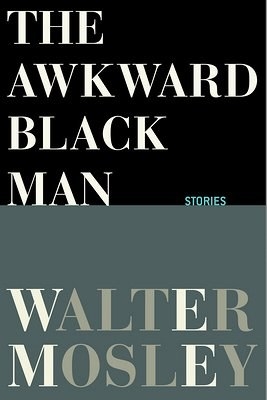
Walter Mosley is a master of fiction; he’s perhaps best known for his Easy Rawlins detective series, but his dexterity spans genres from literary fiction to science fiction to young adult. In these 17 dynamic stories, Mosley turns his attention to the underdog — the guy who can’t catch a break but also can’t stop hoping for one. In “The Good News Is,” a heavyset man is thrilled to be losing weight for the first time in his adult life, until he finds out it’s from cancer. In “Pet Fly,” a lonely and overqualified mailroom worker thinks he’s made a new friend, perhaps even a romantic interest, in a receptionist, but his overtures are met with bewildering cruelty. Often these men do see a sudden bit of luck, but the source is so random and unexpected that it feels ironic and anticlimactic — a promotion when what you were hoping for was companionship. These stories tap into the vulnerability and indignity of the human condition, but also its remarkable, even irrational, commitment to hope. —A.R. (From "21 New Fall Books You Won't Want To Put Down")
Read an excerpt. ●
